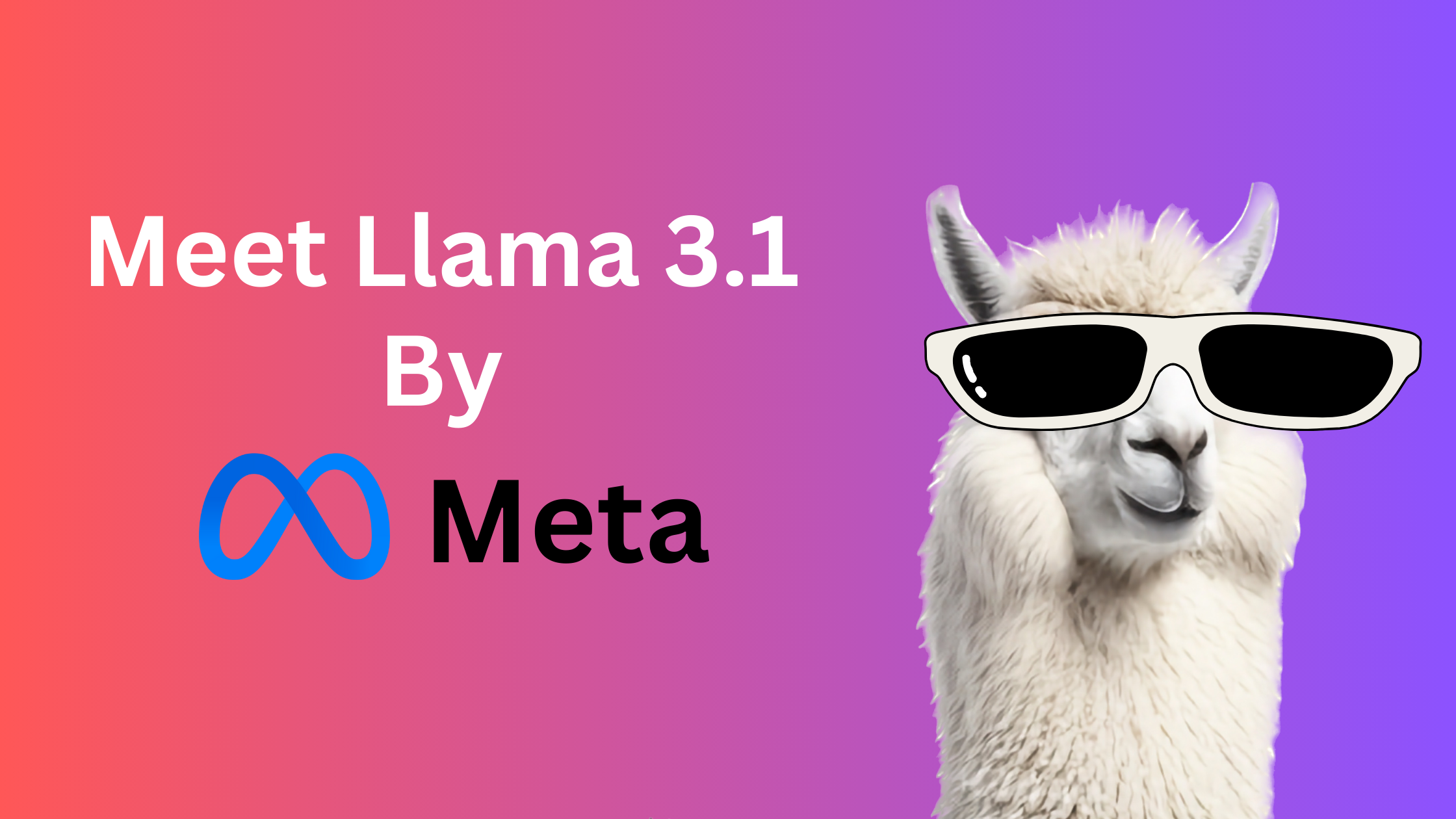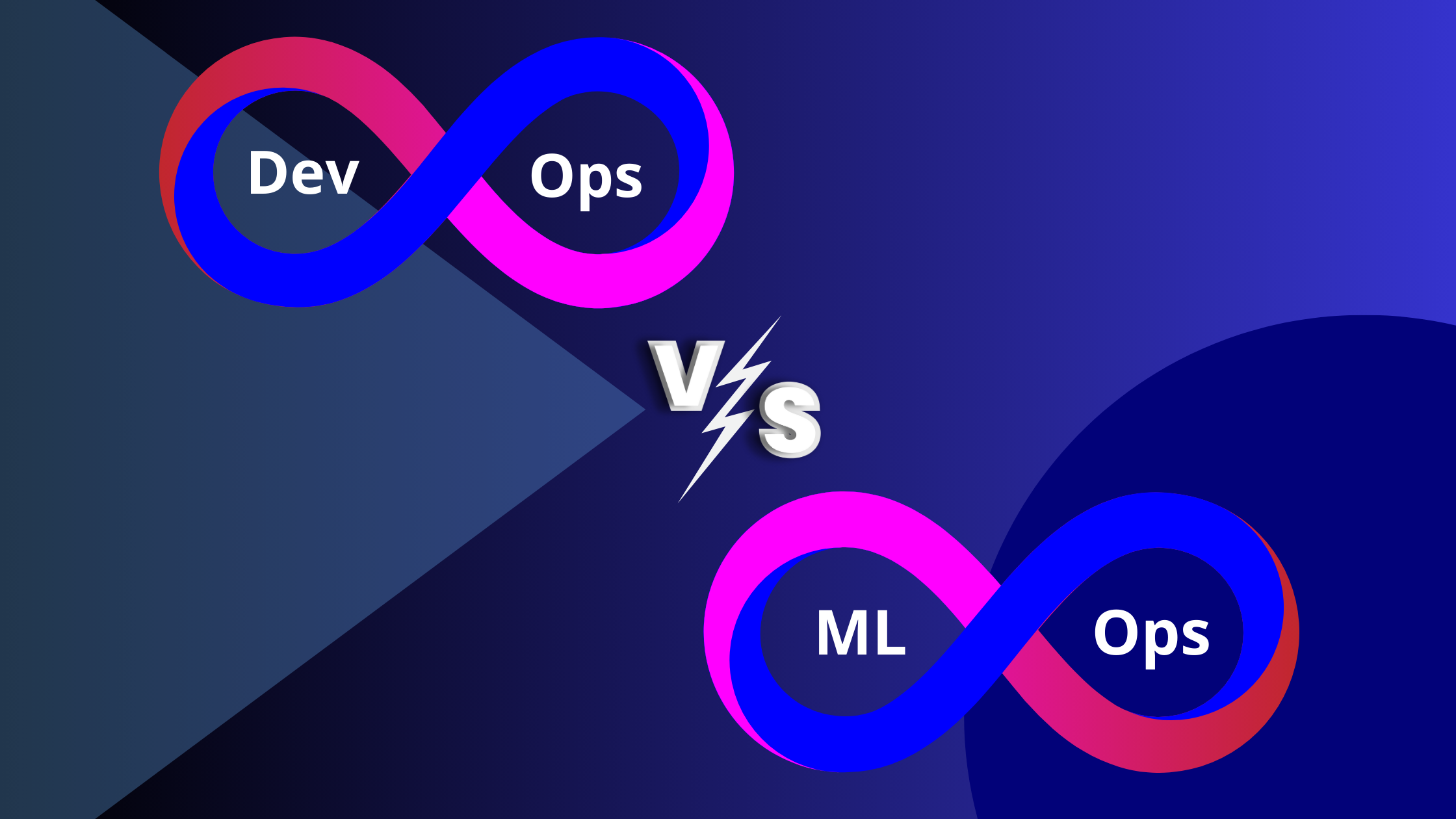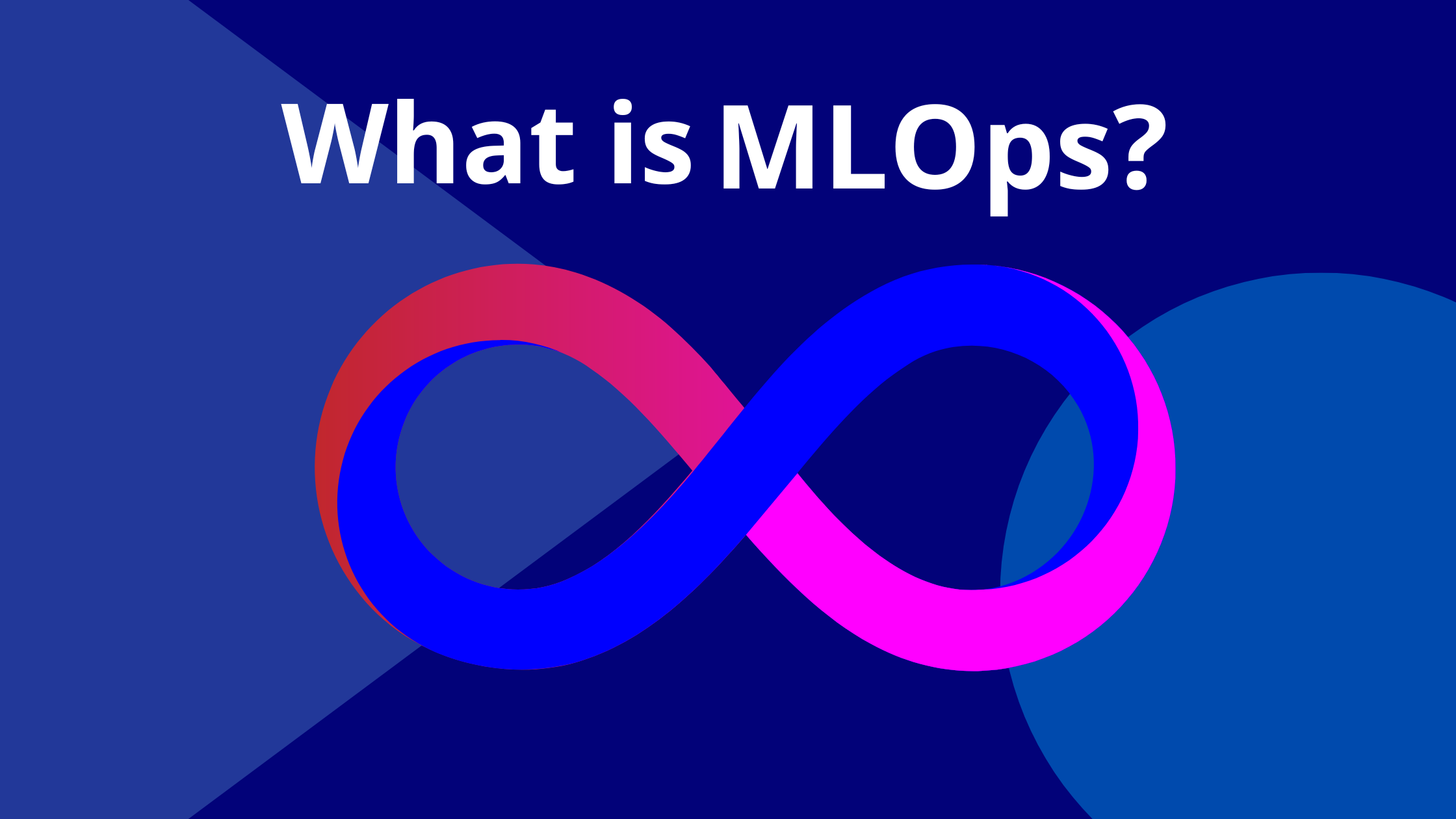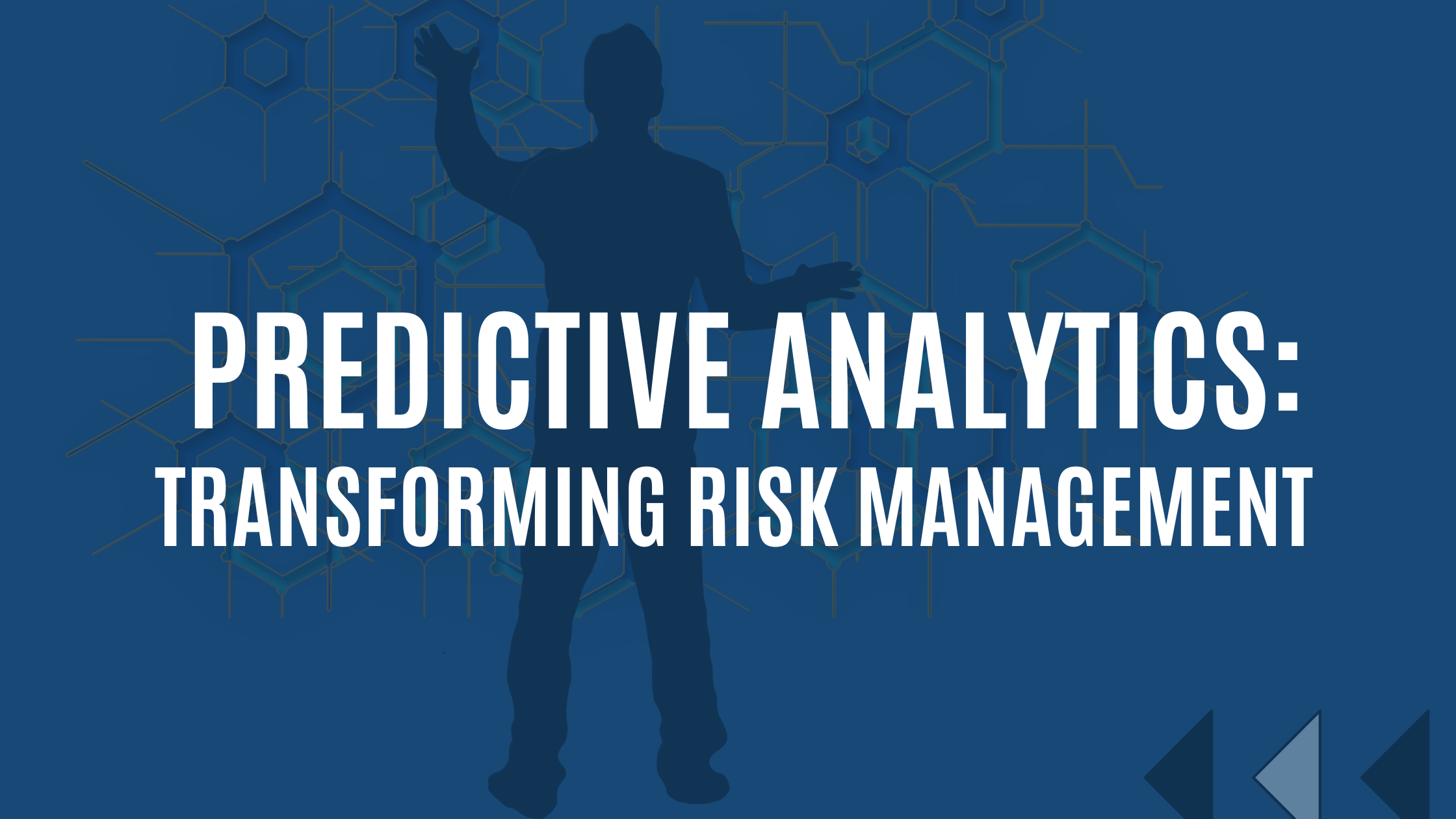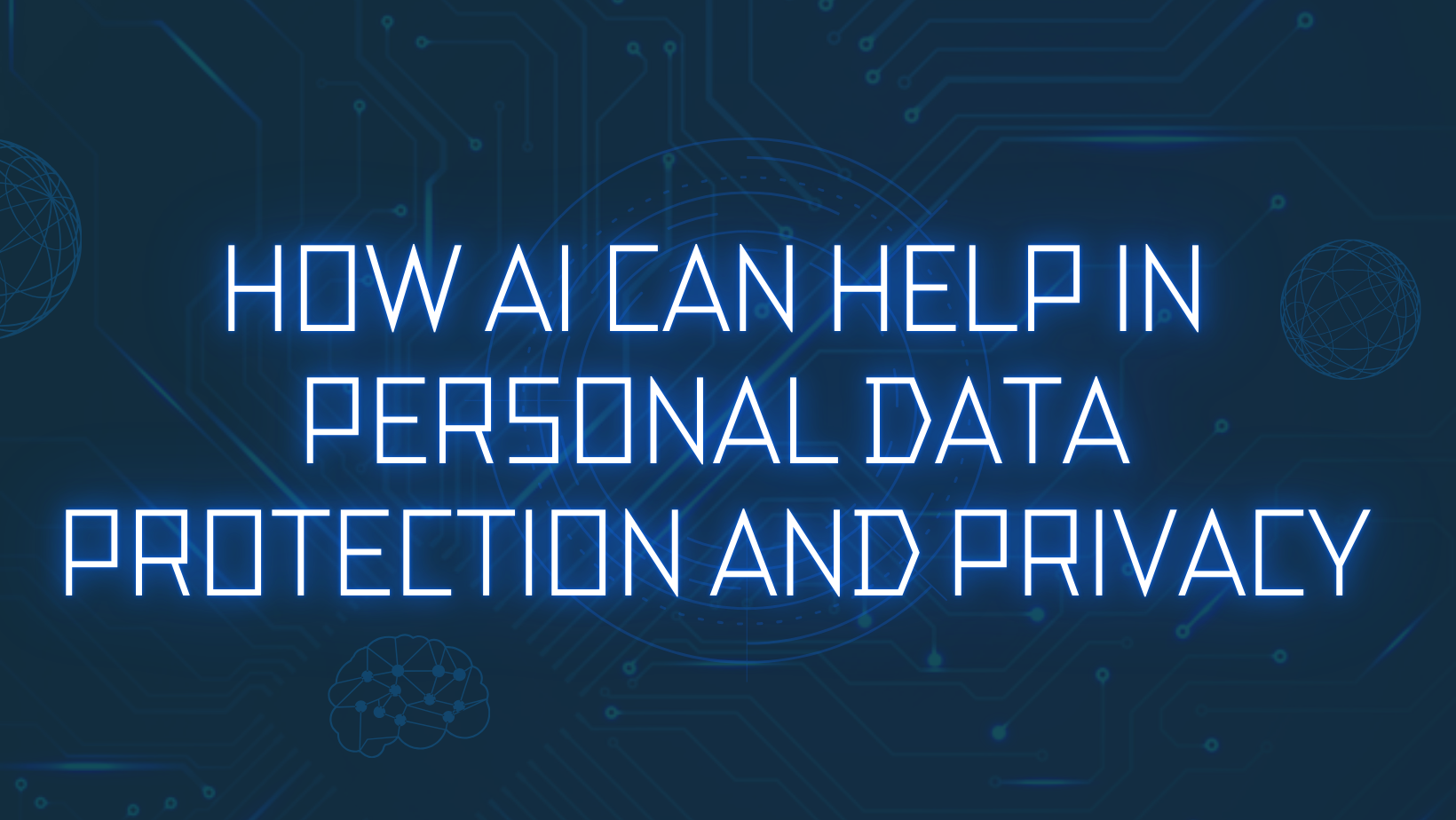The AI landscape is rapidly evolving, with large language models (LLMs) at the forefront. GPT-4o Mini and Llama 3.1 8B represent significant leaps forward in natural language processing. These models demonstrate remarkable abilities in understanding, generating, and processing human language, opening up new possibilities for industries and applications.
MLOps and DevOps, while often conflated, represent distinct yet interconnected disciplines. Both aim to streamline development and delivery processes but differ in their focus. DevOps centers on software development, while MLOps addresses the unique challenges of machine learning models. By understanding the nuances between these two practices, organizations can effectively leverage their strengths to build robust and efficient development pipelines.
MLOps is the operationalization of machine learning. It’s the bridge between data scientists who build models and IT operations that deploy them. By automating and standardizing the ML lifecycle, MLOps ensures that models are developed efficiently, deployed reliably, and continuously monitored for optimal performance.
Predictive analytics is revolutionizing risk management. By harnessing the power of data and advanced algorithms, organizations can move beyond reactive measures and anticipate potential threats. From financial institutions assessing credit risk to healthcare providers predicting disease outbreaks, predictive analytics empowers businesses to make data-driven decisions, mitigate losses, and seize opportunities.
In today’s data-driven world, privacy has become a paramount concern. While traditional security measures struggle to keep pace with evolving threats, artificial intelligence emerges as a powerful ally. By leveraging advanced algorithms and machine learning, AI can detect anomalies, predict breaches, and safeguard sensitive information with unparalleled precision. From preventing data leaks to ensuring compliance with stringent regulations like GDPR and CCPA, AI is transforming how we protect our digital identities.


